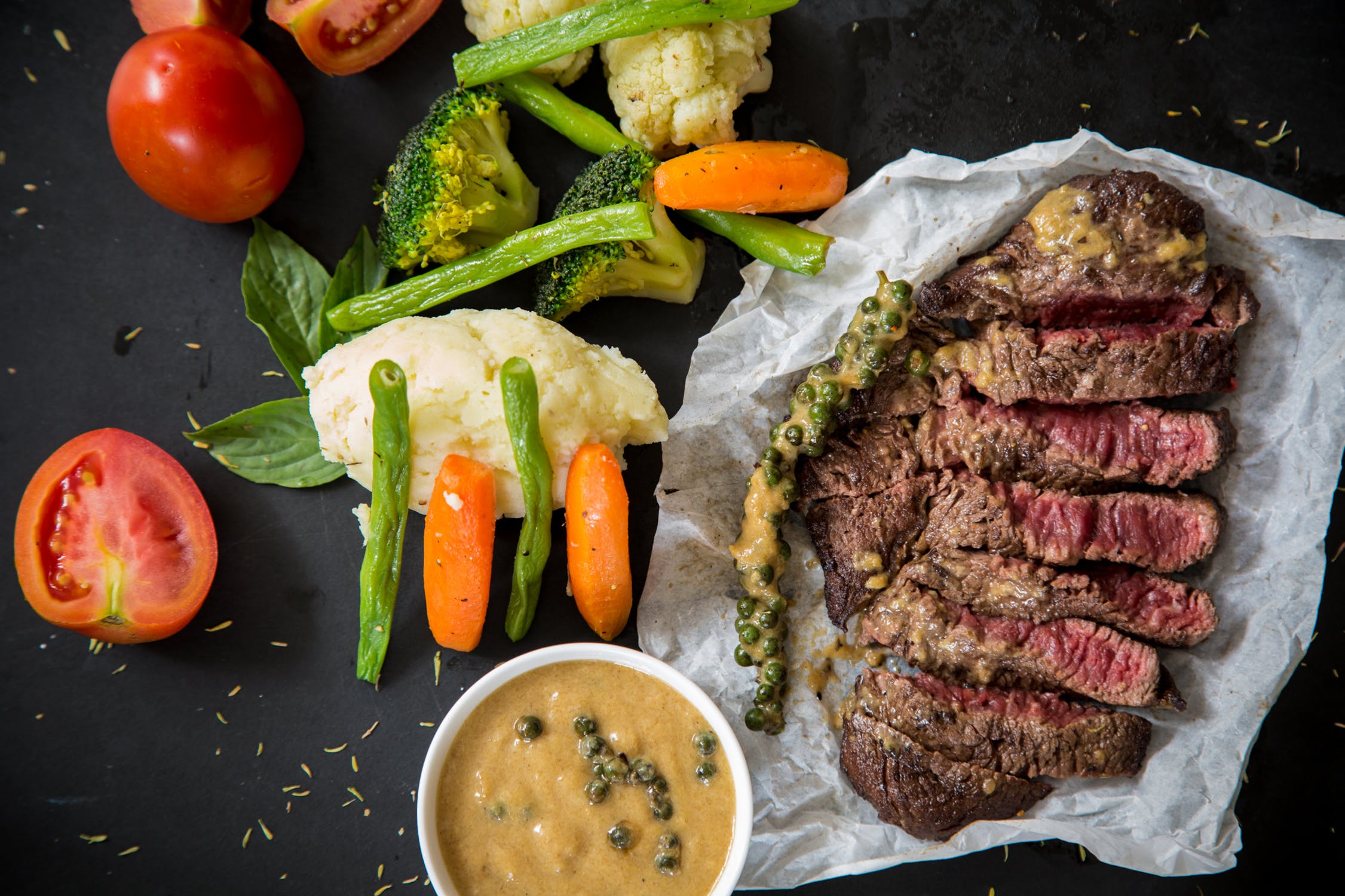Researchers have identified the ultimate ‘First World Problem’ – Takeaway Trauma
Boffins have identified the ultimate ‘First World Problem’ – Takeaway Trauma.
Researchers at the University of Wolverhampton came to the conclusion following a detailed study which involved participants being fitted with heart monitors to test the stress involved in ordering, then waiting for a pizza delivery.
Experts from the uni’s biomedical sciences department and Chicago Town pizza teamed up to measure pulse fluctuations and found the average heart rate increased from a baseline of a relaxed 70 beats per minute to 87 BPM in the period after ordering.
‘Tense arousal scores’ – or stress levels – saw an increase from a baseline 17.25 beats per minute to 18.38 BPM.
Stress was also monitored using a psychometric questionnaire and the UMACL Mood Adjective Checklist – which measures tense arousal scores
Dr Martin Khechera, Senior Lecturer in Biomedical Science at the University of Wolverhampton, said: “We’ve all seen friends, partners and, if we’re honest, even ourselves get antsy and annoyed during the process of ordering a takeaway.
“However, it is a surprise to see that the experience has a real impact on stress levels and our heart rate.”
Behavioural Expert Darren Stanton, who analysed the results of the experiment, classified the condition in four stages: fidgety, anxious, irate and lost.
[youtube https://www.youtube.com/watch?v=spCP_UXHh6U?enablejsapi=1&autoplay=0&cc_load_policy=0&iv_load_policy=1&loop=0&modestbranding=0&rel=1&showinfo=1&theme=dark&color=red&autohide=2&controls=2&playsinline=0&]
Following the initial joy and excitement of placing an order, people enter the fidgety stage around five minutes afterwards.
This is characterised by tapping of fingers and toes, and starting to check the takeaway’s app for updates on the arrival time.
Around 10 minutes after ordering, anxiety starts to creep in. Checking the app and becoming frustrated when delivery time creeps up are symptoms of this stage.
As stress levels increase further, circa 40 minutes after ordering, results in a state of being visibly irate, with loved ones often bearing the brunt of this.
The final stage is one of absolute despondency. Frequently after waiting for a long time – around 50 minutes – the wrong order arriving or the food being of a disappointing quality makes people feel lost.
During the experiment, participants had a lower heart rate than when they initially ordered, contradicting expectations that they would feel joy upon receiving the pizza they had waited for.
Darren Stanton said: “People order a takeaway as a treat – a way to reward themselves after a long week at work and to enjoy a relaxing night in with loved ones.
”This study shows that it can be the opposite of this. However, with the four stages we’ve identified as fidgety, anxious, irate and lost, it’s easy to recognise the symptoms of Takeaway Trauma, so we can help others suffering from the condition.”
Rachel Bradshaw, Senior Brand Manager at Chicago Town said: “It was really interesting to work with the University of Wolverhampton and Darren on this experiment.
“Both the physiological and psychological effects clearly demonstrate that Takeaway Trauma is real, and we’ll all identify with the various stages having gone through them ourselves.
“A much more satisfying alternative would be to pop a Chicago Town: The Takeaway pizza in the oven at home.”

